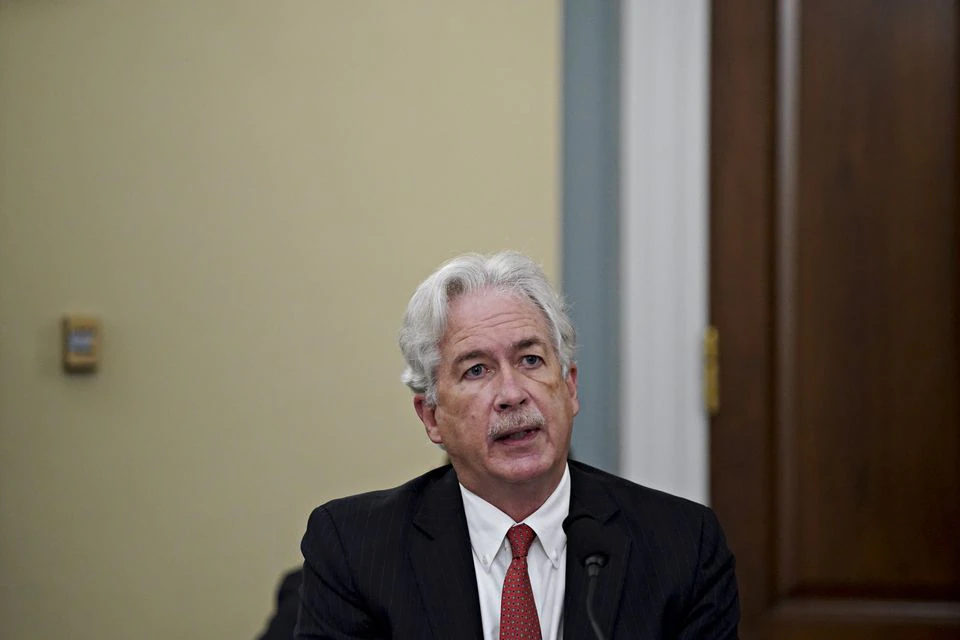Amid evacuations, the CIA director William J. Burns had reached Kabul and had a one-on-one meeting with Taliban’s top leader Mullah Baradar on Monday.
According to the Washington Post, this was the first meeting between an American top official and the Taliban , after the militant group had established control over Kabul.
According to the report by the Washington Post, though there are no details about this meeting, it is understood that the Burns-Baradar conclave was about evacuation and a preliminary assessment about Kabul’s new rulers.
CIA Director William Burns held secret meeting in Kabul with Taliban leader Abdul Ghani Baradar
Analysts say that Burns’ presence in Kabul at such a crucial stage, instead of Zalmay Khalilzad, could signal that the special presidential interlocutor’s star maybe fading. The US and the Taliban could be starting afresh following Washington’s unceremonious exit from Afghanistan, for which Khalilzad likely be held responsible. It would not be surprising if William Burns becomes the new face of a US-Taliban reset.
British Prime Minister Boris Johnson and other US allies have asked the US President Joe Biden to keep American boots on the ground in Afghanistan after August 31’s withdrawal deadline, but the Taliban say they won’t accept any extension.
Also read: Mullah Baradar arrives in Kabul to set ball rolling for forming new govt in Afghanistan
And then there is a G7 meeting which is expected to be entirely dedicated to Afghanistan. Some member countries are expected to raise the issue of sanctions against the Taliban if they commit human rights abuses or allow Afghanistan to once again become a haven for terrorists.
Analysts are surprised by the sudden decision by US President Joe Biden to send his top spy to meet the top Taliban leader instead of his Special envoy on Afghanistan Zalmay Khalilzad, who is quite familiar with the insurgent group.
In fact, Mullah Baradar had never met any senior US officials till now. It was the CIA who asked Pakistan to put him in prison in Pakistan for eight years. Baradar was arrested in Pakistan’s southern city of Karachi in 2010 in a joint raid by the CIA and Pakistan’s counterterrorism forces.
Baradar played a series of military and administrative roles in the five-year Taliban regime that began in 1996. At the time when the Taliban was ousted by the US after 9/11, Birather was deputy minister of defence.
Also read: JeM chief Azhar Masood’s brother Rauf Azhar calls on Mullah Baradar to pledge allegiance
In 2018, Washington’s attitude changed and Donald Trump’s Afghan envoy, Zalmay Khalilzad, asked Pakistan to release him so that he could lead negotiations in Qatar, based on the belief that he would settle for a power-sharing arrangement.
Baradar is the only surviving Taliban leader to have been personally appointed deputy by the founder of the Taliban Mullah Omar.
Now he is a leading player, fighting for the legitimacy of the Taliban regime. For that the Taliban will be needing the support of the developed countries including the US.
Since the Taliban’s takeover of the country, Mullah Baradar has been striking a conciliatory tone, saying the militant group intends to have economic and trade ties with all countries around the world, including the US.
"The Islamic Emirate of Afghanistan wants diplomatic and trade ties with all countries, particularly with the United States of America," said the group's co-founder and deputy leader Mullah Baradar after the fall of Kabul.
For Burns, this was not the first trip to Afghanistan. He was in the country in April too. He had testified before the US congress stating that the US has no threats from the Islamic State nor Al-Qaeda in Afghanistan because they don't have such capabilities now but “when the time comes for the US military to withdraw, the U.S. government’s ability to collect and act on threats will diminish, that’s simply a fact."




















